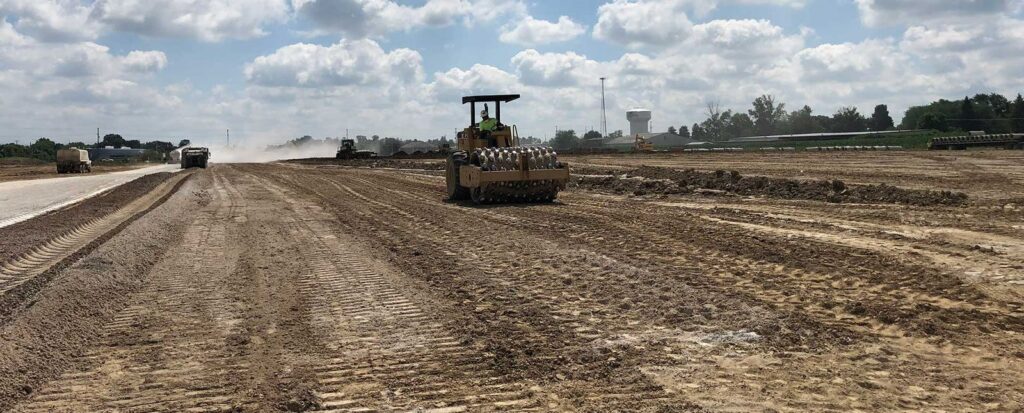Introduction: Soil stabilizers are essential in construction projects for enhancing soil properties and stability. Let’s explore the different types and their applications to aid your construction decisions.
- Chemical Stabilizers: Improve soil strength and are used in road construction, foundations, and erosion control.
- Cement Stabilizers: Enhance soil stability and are commonly used in road bases and erosion control projects.
- Lime Stabilizers: Reduce soil plasticity and increase strength, suitable for clayey or silty soils in road construction and soil remediation.
- Fly Ash Stabilizers: Improve soil strength and permeability, widely used in subgrade stabilization and embankment construction.
- Bitumen Stabilizers: Enhance cohesion, water resistance, and load-bearing capacity, popular for road construction in moist areas.
- Polymer Stabilizers: Polymer stabilizers, a type of chemical stabilizer, offer unique advantages in soil stabilization. These polymers, when mixed with soil, create a network that improves soil cohesion, reduces permeability, and enhances load-bearing capacity. Polymer stabilizers are particularly effective in sandy or silty soils and are widely used in various applications such as road construction, slope stabilization, and erosion control. They provide excellent long-term durability and can adapt to different soil conditions, making them a versatile choice for soil stabilization projects. With their high performance and environmental compatibility, polymer stabilizers contribute to sustainable construction practices while ensuring stable and reliable foundations.
Conclusion: Soil stabilizers are vital for construction. Chemical, cement, lime, fly ash, and bitumen stabilizers offer specific benefits for improving soil properties and stability. Understanding their applications aids in choosing the right stabilizer. Consult experts for optimal results.

